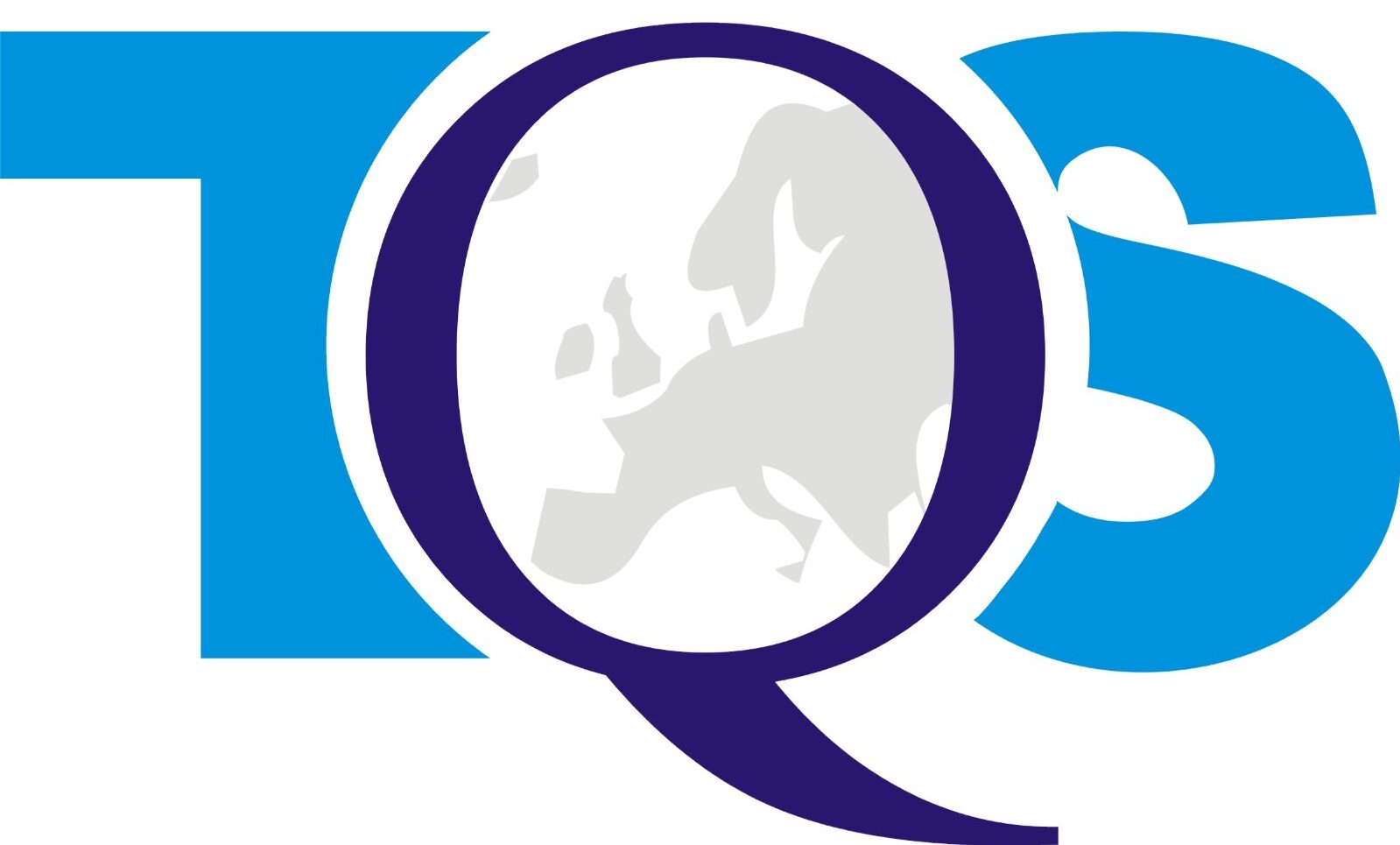Quality and compliance are crucial components of any business. Quality refers to the degree of excellence or superiority in a product or service, while compliance pertains to adherence to laws, regulations, and standards set by governing bodies. Without these two aspects, a business can suffer from legal consequences, damage to reputation, and loss of customer loyalty.
Maintaining quality ensures that products or services meet the expectations of customers. It is an essential factor in building trust between the business and its clients. Compliance with regulations also plays a significant role in fostering trust as adhering to legal requirements demonstrates responsibility on the part of the company.
Additionally, quality and compliance contribute to overall cost-effectiveness by reducing errors and inefficiencies that may result in expenses such as recalls or fines. Furthermore, they enhance innovation by promoting problem-solving strategies that lead to improved products and better processes. Therefore, it is crucial for businesses to prioritize quality and compliance not only for their own benefit but also for their customers’ safety and satisfaction.
Understand regulations
Understanding regulations is a crucial aspect of ensuring quality and compliance in any business. Regulations are put in place by governing bodies to protect the interests of consumers, employees, and the environment. Failure to comply with these regulations can lead to legal action, financial penalties, damage to reputation or even closure of the business.
It is important for businesses to conduct regular audits and assessments of their operations against relevant regulatory frameworks. This can include health and safety regulations, employment laws, environmental standards or data protection rules depending on the nature of the business. By understanding these regulations thoroughly and implementing robust processes and procedures for compliance, businesses can mitigate risks associated with non-compliance.
Furthermore, it is also important for businesses to stay up-to-date with new or changing regulations that may impact their industry or operations. This can involve attending industry events, subscribing to relevant publications or engaging specialist consultants who are knowledgeable about regulatory requirements. Overall, a proactive approach towards understanding regulations is key for maintaining quality standards and ensuring long-term success in any business.
Train employees properly
Properly training your employees is essential to ensuring quality and compliance in your business. It can prevent costly mistakes, minimize risk, and improve productivity. One effective way to train employees is through hands-on experience or on-the-job training. This method allows them to learn by doing and receive immediate feedback from their supervisors.
Another way to train employees is through formalized classroom-style training sessions. These sessions can cover a wide range of topics such as safety protocols, company policies, customer service skills, and technical expertise. Providing an opportunity for employee feedback during these sessions can also help tailor the training to meet their specific needs.
It’s important to remember that training should not be a one-time event but an ongoing process. Regular refresher courses or continuing education programs will keep your employees up-to-date with any changes in policies or procedures as well as new technologies or techniques. By investing in proper employee training, you’re investing in the success of your business long-term.
Implement effective policies
Firstly, when implementing effective policies, it is important to involve all stakeholders in the process including employees, management, and legal advisors. This ensures that everyone is aware of the policies and their implications. Communication is also key in this process as it helps to clarify expectations and responsibilities.
Secondly, regular training and education on policies should be conducted to ensure everyone understands what is expected of them. This could include training for new employees or refresher courses for existing ones. It may also be necessary to update policies regularly to reflect changes in industry regulations or company practices.
Lastly, monitoring compliance with policies is crucial to ensure they are being followed correctly. This can include conducting audits or inspections, setting up reporting mechanisms for violations or concerns, and providing feedback on performance against policy goals. By following these steps businesses can ensure their policies are effective in maintaining quality and compliance across all areas of operation.
Regularly review and update processes
Regularly reviewing and updating processes is crucial for ensuring quality and compliance in a business. This involves routinely assessing current processes, identifying areas that require improvement, and implementing necessary changes to enhance efficiency, productivity, and adherence to regulations.
By regularly reviewing processes, businesses can identify potential issues or risks before they become major problems. It also allows for the implementation of new technologies or strategies that can improve operations. Furthermore, it ensures that all employees are aware of any changes and are properly trained on updated procedures.
Overall, regularly reviewing and updating processes demonstrates a commitment to quality and compliance in a business. It not only improves operations but also helps maintain customer trust and satisfaction while reducing the risk of non-compliance penalties.
Monitor and measure performance
Monitoring and measuring performance is crucial in ensuring quality and compliance in any business. It helps to identify areas of improvement, track progress, and make informed decisions based on data-driven insights. One way to monitor performance is by setting key performance indicators (KPIs) for each team or department. These KPIs should be specific, measurable, achievable, relevant, and time-bound.
Regular performance assessments can help to identify areas of improvement. This could involve conducting surveys or gathering feedback from employees or customers to gain insight into what is working well and what needs improvement. Once these areas are identified, action plans can be developed to address them.
Finally, regular audits can also help ensure compliance with regulations or industry standards. Audits should be conducted by independent third parties who specialize in the field of compliance auditing. They will assess the organization’s processes against established standards and provide recommendations for improvements where necessary.

